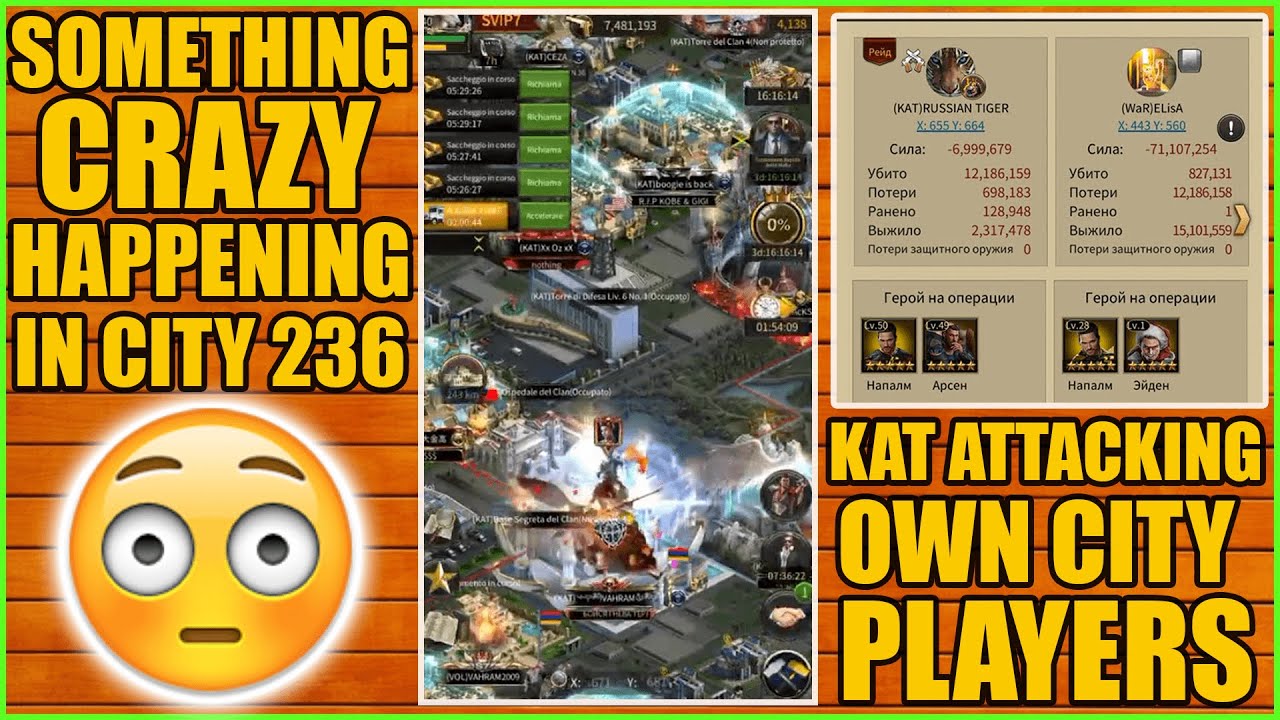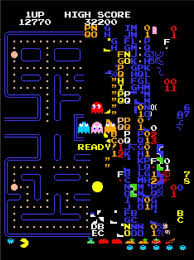The Rise of City Games: Engaging Communities in Urban Spaces

Introduction to City Games
City games, an innovative blend of gaming elements and urban exploration, have risen steadily in popularity over the past decade. These games encourage players to interact with their environment in new and creative ways, fostering community engagement and promoting local tourism. As cities evolve into more interconnected spaces, the relevance of city games continues to grow, making them a significant topic in today’s urban culture.
What Are City Games?
City games often integrate technology, such as mobile apps and augmented reality, with traditional gaming formats. They can include scavenger hunts, escape room challenges, or more elaborate story-driven experiences that guide participants through various city landmarks. Examples like Pokémon GO and local treasure hunts have captivated audiences worldwide, proving that urban areas can offer exciting gameplay venues.
The Benefits of City Games
One of the main advantages of city games is their ability to engage communities. As players navigate their cities, they often discover new businesses and local culture, boosting economic activity. Moreover, city games can foster social interactions — players frequently team up to solve challenges, creating connections among residents. Local government and organisations are increasingly recognising these benefits, with many supporting initiatives or even creating their own city games to promote community bonding.
Current Trends and Innovations
In recent years, city games have received added attention through partnerships with technology companies, enhancing the user experience. For instance, advancements in augmented reality enable developers to create immersive environments that blend the physical and digital worlds seamlessly. Additionally, the rise of sustainable tourism has led many cities to emphasise responsible gaming practices, ensuring that these activities contribute positively to urban life.
Significance and Future of City Games
Looking ahead, the future of city games appears promising. As urban spaces continue to transform and adapt to the demands of modern life, city games have the potential to play an essential role in shaping how residents and visitors perceive and experience their surroundings. With the integration of smart technology, enhanced storytelling, and increased community involvement, city games may become a staple of urban exploration.
Conclusion
In conclusion, city games represent a fascinating convergence of gaming and urban life, offering a wide array of benefits that resonate with communities. As cities become increasingly dynamic environments for leisure and tourism, city games will not only entertain but also empower residents, encouraging them to explore and actively participate in the continuous evolution of their cities.
You may also like

Gamer After: Embracing Community Beyond the Screen

CCFC: Building Community Cohesion Through Football

The Importance of Coming Together in Communities
SEARCH
LAST NEWS
- Remembering Wendy Richard: The Promise to Co-Star Natalie Cassidy
- How Did Anglian Water Achieve an ‘Essentials’ Rating for Mental Health Accessibility?
- Shai Hope Leads West Indies in T20 World Cup Clash Against South Africa
- What We Know About Weston McKennie: Future at Juventus and Past at Leeds
- What We Know About the Upcoming Live Nation Antitrust Trial